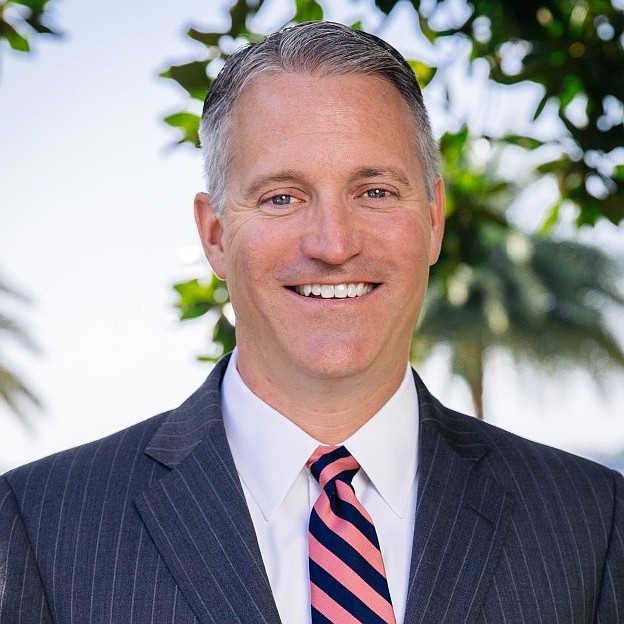- December 13, 2025
-
-
Loading

Loading
Florida’s bankers are in a challenging situation. Every day, we work closely with our clients to provide high quality service, fair rates and confidence in the safety of their money. In addition to Florida’s growing population and our dynamic business community, some of our best clients are lawyers and their law firms.
Banks provide a unique type of account to law firms, called IOTA (interest on trust accounts). Law firms often have one designated IOTA that holds the settlement money for their clients. These accounts work like checking accounts, because the amount of money held in a law firm’s IOTA fluctuates and does not stay in the account for an extended period of time, unlike a savings or money market account. The IOTA program allows these IOTAs to accrue interest, so banks pay for the privilege of holding and servicing that money – just like we do on your checking or savings account.
In 1981, the Florida Supreme Court approved the implementation of Florida’s IOTA program, the first in the United States. The program was designed so that the interest banks pay on these accounts doesn’t benefit the law firms that own the account or the law firm’s clients. Instead, banks pay the interest to The Florida Bar Foundation, now called Funding Florida Legal Aid, in order to provide funding for important legal services for those in need. We’re proud of the impact that banks have made by providing funding for this important initiative in the State of Florida.
Now, however, The Florida Bar has unilaterally changed the rules of the IOTA program to require banks to pay a significantly higher interest rate on these accounts, increasing the rate by nearly 3,000%. The Florida Bar has written this new rule to functionally regulate banks’ financial activities. This is a far cry from the purpose of the rules of The Florida Bar, which is setting standards for the conduct of its members — Florida lawyers. This new interest rate is not only way out of line with substantially similar accounts (like checking accounts), but it is among the highest in the nation, putting Florida at a competitive disadvantage.
If this new rule stays in place in its current form, it is possible that banks will choose to not offer IOTAs to law firms anymore, reducing choice for lawyers and law firms. This rule, in its current form, could cause disruption to the long-standing relationships that law firms have built with their bank of choice.
Even though this rule was passed without any input from Florida Banks or the Florida Bankers Association, we asked the Bar to work with us on finding a compromise that allows Funding Florida Legal Aid to collect more interest than it historically has from banks while also allowing banks to pay a fair and equitable rate of interest. The Florida Supreme Court, which amends rules regulating The Florida Bar, is re-considering this rule change in light of the bankers’ request. I hope that we can find a reasonable solution, perhaps with a rate that is in line with market forces and a rule that is in line with other states.
Even the Florida Legislature is offering solutions for this challenge, with a bill that puts the responsibility of setting the IOTA rate into the hands of Florida’s Chief Financial Officer. The CFO should handle banking issues in Florida, not the lawyers.
Ultimately, we want to find a solution that allows Funding Florida Legal Aid to continue its important work serving those in need with funding from banks, while allowing Florida banks to continue to provide the same level of service that law firms deserve and have come to expect from their bank.

T. Corey Neil is President and CEO of The Bank of Tampa, a $3 billion community bank headquartered in Tampa. Corey also serves on the Florida Bankers Association Board of Directors and has worked closely with the FBA on the IOTA issue.